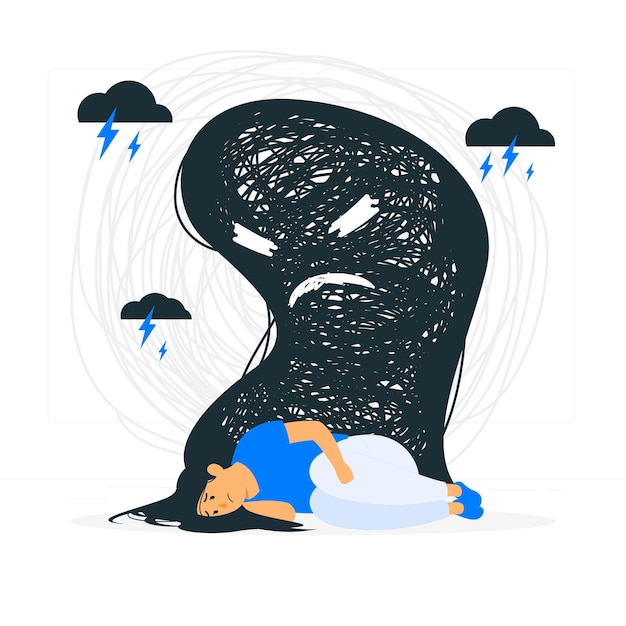

**Understanding and Supporting a Partner with Depression**
The first thing to remember is that depression is a real illness. If you’ve never experienced severe depression before, it might be hard to fully understand. Your partner can’t just “get over” depression any more than they could quickly recover from an illness like the flu.
Depression impacts not just the individual suffering but also their family and friends. Managing depression can be very challenging, and it’s normal to feel frustrated or helpless at times. Nevertheless, there are steps you can take to help your partner through this difficult time.
**Recognize the Symptoms**
If your partner has been feeling sad for over two weeks, they may be experiencing depression. Other signs to watch for include:
– Losing interest in friends, hobbies, or sex
– Constant fatigue
– Changes in eating habits (either over-eating or under-eating)
– Difficulty making decisions
– Irritability
– Feelings of worthlessness
– Thoughts of suicide
**Seek Professional Help**
Many people with depression may not want to see a professional, but it’s crucial to get them to a doctor. Depression is a medical condition, and there are effective treatments available that can help manage its symptoms.
**Take Suicidal Thoughts Seriously**
Always take any talk of suicide very seriously and ensure that healthcare providers do too. If you feel like your partner isn’t receiving the necessary care, seek further help. Your partner’s life could be at risk.
**Educate Yourself**
The more you know about depression, the better you can support your partner. There are lots of resources, both in books and online, that can educate you on depression and how to help someone who is suffering. Understanding the illness can make your conversations with your partner more meaningful and can help you empathize with what they are going through. Ignoring or underestimating their feelings can worsen their condition.
**Be an Active Listener**
Listen to your partner without interrupting, even if what they share is difficult to hear. Try to understand things from their perspective rather than imposing your own.
**Offer Hope and Support**
Remind your partner of the good things in life and how much they mean to you. Show them love and encouragement daily, but avoid overwhelming them. Praise their efforts and progress, no matter how small, and refrain from showing your frustration. If you do feel frustrated, clarify that it’s with the depression, not them.
Let your partner off the hook for everyday tasks. They aren’t lazy or selfish; they’re unwell, and small tasks may seem overwhelming to them. Help them take small steps forward and demonstrate that even things that appear impossible can be manageable with support. If possible, involve them in enjoyable activities outside the house.
By extending patience, understanding, and love, you can help your partner navigate through depression, one step at a time.

